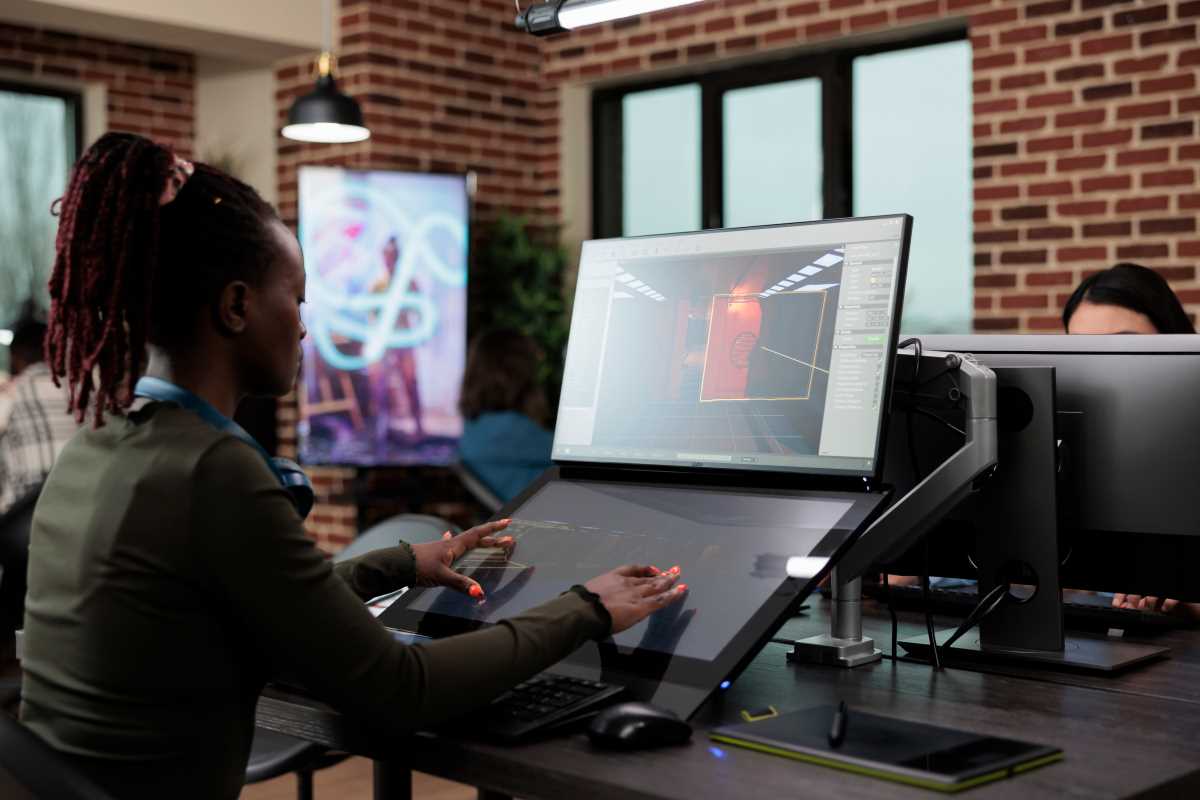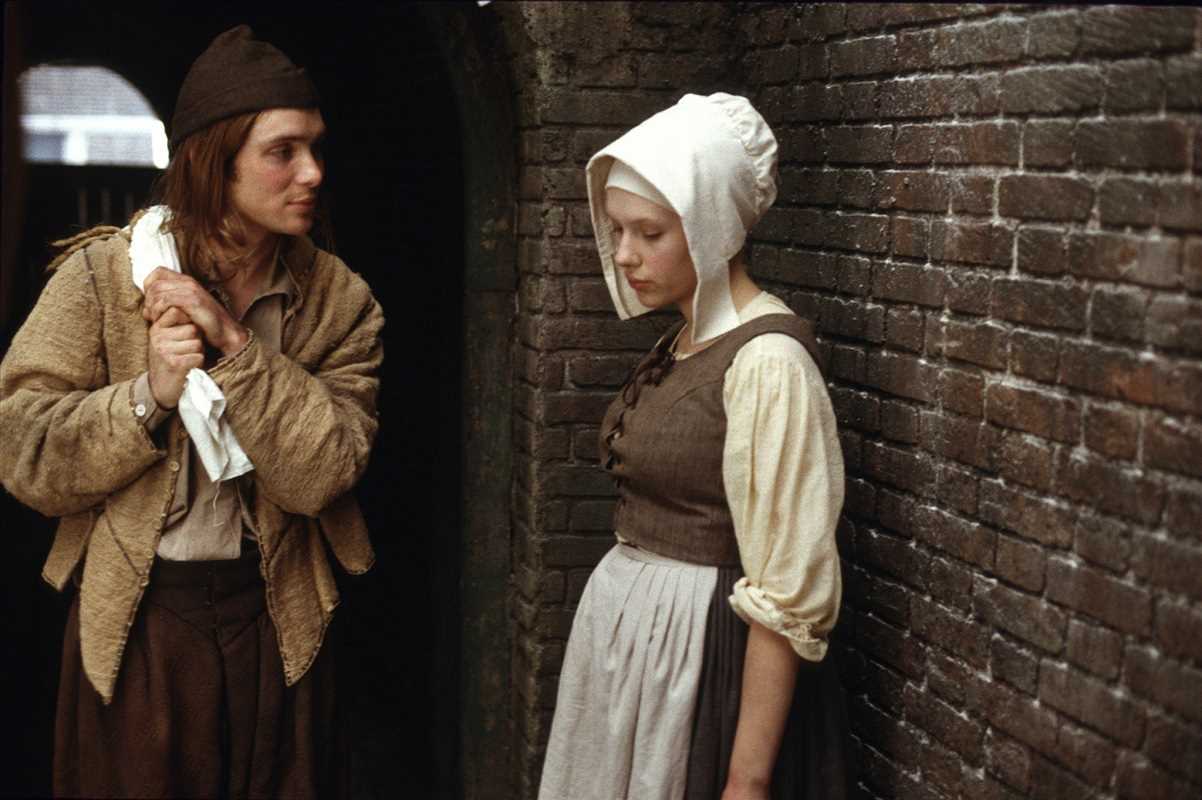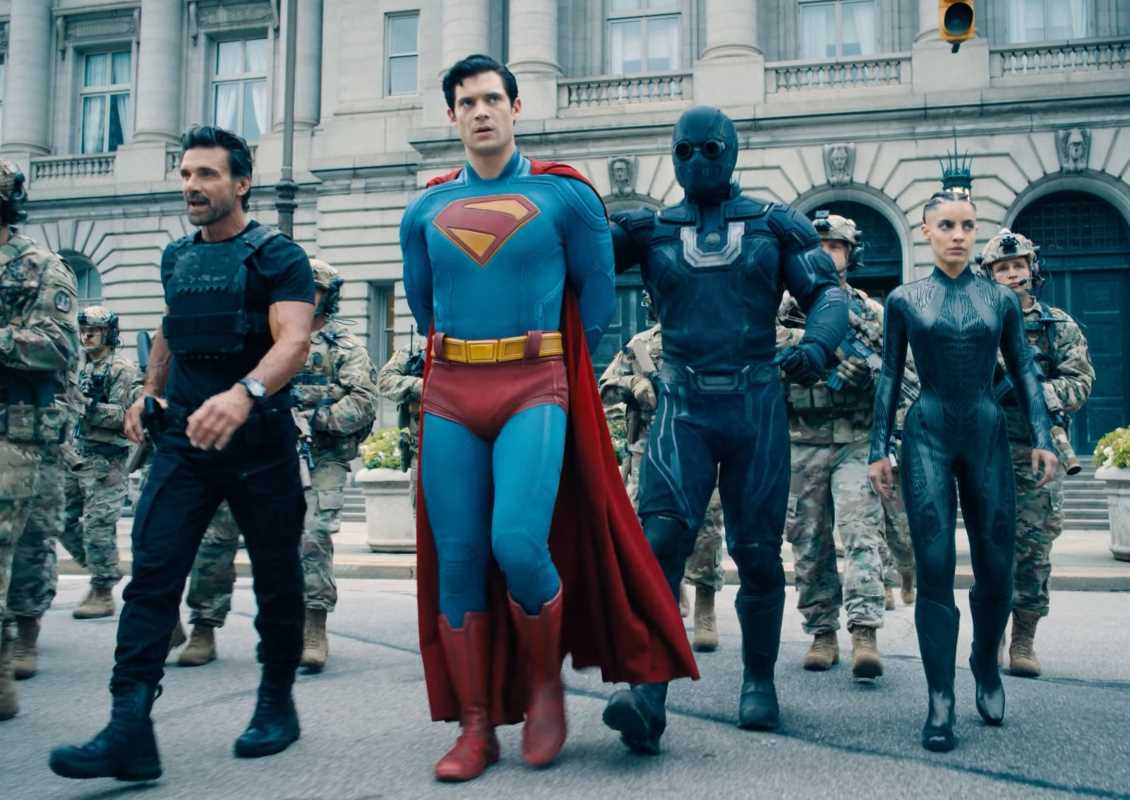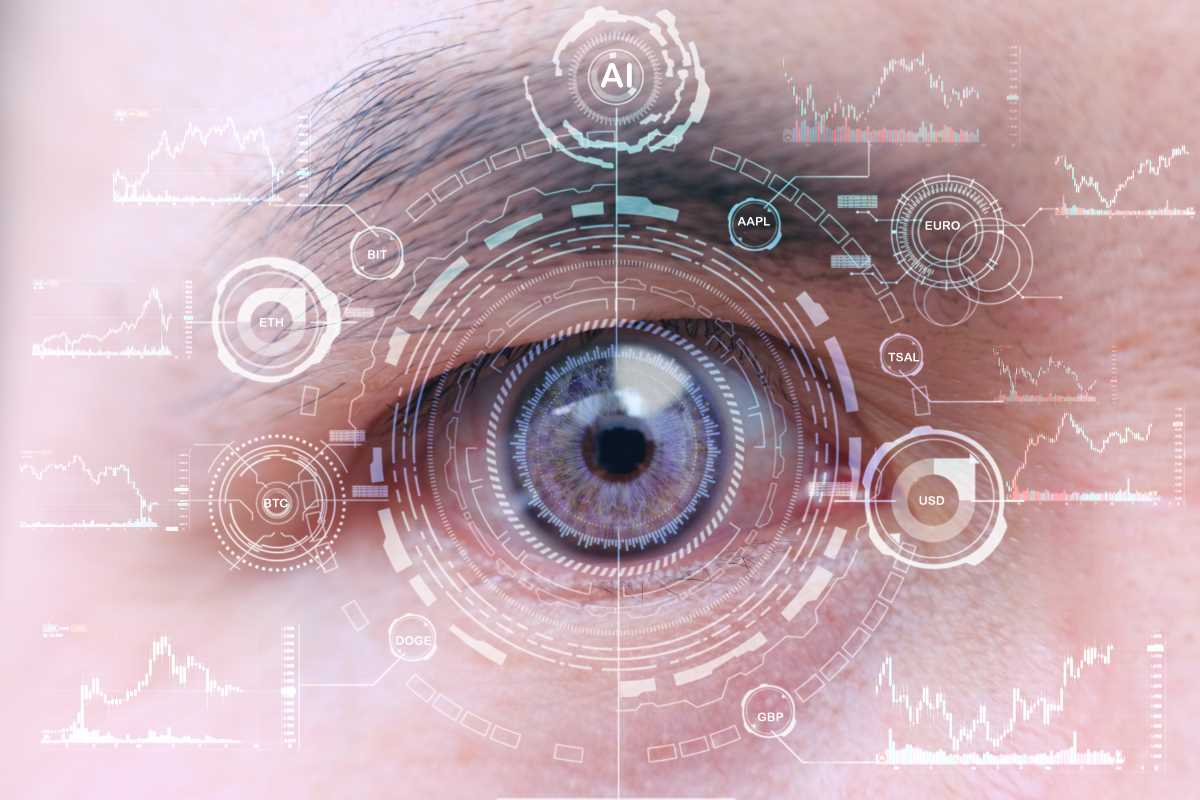Hollywood has always thrived on creativity and innovation. From black-and-white silent films to today's superhero blockbusters, the industry has consistently embraced new tools and technologies to tell stories in fresh and exciting ways. Now, artificial intelligence (AI) is taking center stage as one of the most revolutionary forces reshaping the entertainment world. While AI might feel like something out of a science fiction movie, its real-life applications are transforming how movies are created, from the special effects you see on screen to the very scripts that drive the story forward.
But how exactly is AI being used in Hollywood, and what does it mean for the future of the industry? Let's explore how this powerful technology is influencing everything from CGI to scriptwriting and beyond.
AI and CGI
Beyond Realism with AI-Enhanced Effects
Computer-generated imagery, or CGI, has long been a staple of Hollywood's visual effects. From creating realistic dinosaurs in Jurassic Park to entire fantasy worlds in Avatar, CGI has allowed filmmakers to bring their wildest imaginations to life. Now, AI is taking CGI to a whole new level.
AI tools are being used to make CGI effects more realistic and efficient. For example, AI-enhanced software can study real-world images and use them to create digital effects that are almost indistinguishable from reality. This means better textures, more lifelike movement, and seamless integration between live-action footage and computer-generated elements.
Take The Mandalorian series as an example. The show utilized AI-powered tools to create its groundbreaking “virtual production” environments. Instead of shooting on location or using traditional green screens, the production team employed large LED screens powered by AI to generate dynamic and photo-realistic backgrounds in real-time.
Dramatically Reducing Production Time
One of the most significant benefits of AI in CGI is how much time it saves. Traditional CGI workflows can take countless hours, with teams meticulously rendering every detail. AI can speed up the process by automating tedious tasks, like simulating natural elements (water, fire, or wind) or animating large-scale crowd scenes.
For instance, AI algorithms can now analyze motion-capture data and automatically apply it to digital characters more quickly and accurately. This has become especially useful in creating massive battle sequences or scenes involving characters like Gollum from The Lord of the Rings or the Hulk in the Marvel films.
Algorithmic Scriptwriting
Writing Assistance Versus Full Automation
Imagine this: a computer program helps a screenwriter craft dialogue, fine-tune a scene, or even outline an entire script. It might sound futuristic, but AI is already making strides in the writing process. Tools like ChatGPT and Sudowrite allow writers to brainstorm ideas, generate rough drafts, or polish their text. These AI tools use massive databases of language patterns and storytelling structures to assist writers in their creative process.
Many filmmakers have made it clear that AI isn’t about replacing writers but supporting them. Unlike humans, AI lacks emotional intelligence and creativity, which are essential for crafting nuanced stories that resonate with audiences. Current AI programs excel at handling repetitive tasks or generating generic plot structures, but they can’t inject real heart into a script.
An example of AI's limitations can be seen in short films entirely created by AI. While these projects are fascinating experiments, they often lack the depth and emotional connection found in human-crafted stories.
Script Analysis and Predicting Success
Beyond assisting with writing, AI is being used to analyze scripts and predict how well they might perform with audiences. Studio executives can use AI to gauge factors like pacing, character development, or market trends before a movie is even filmed. Programs like ScriptBook evaluate screenplays and provide insights on their box office potential by comparing them to years of data from past movies.
While this might sound like a money-making dream for studios, it does raise some concerns. Relying too heavily on AI to predict success could lead to a less diverse creative landscape, where unique or unconventional scripts might be passed over in favor of “safe bets.” Still, for producers and marketers, AI offers a fascinating glimpse into the possible future of data-driven decision-making.
Casting and De-Aging
AI in Casting Choices
AI is also playing a surprising role in casting decisions. Advanced programs analyze actors' past performances, audience appeal, and even their social media reach to help filmmakers choose the perfect actor for a role. While casting has always been as much an art as it is a science, adding AI to the equation gives studios additional tools for making informed decisions.
Reviving or De-Aging Actors with AI
Some of the most jaw-dropping uses of AI come from digital de-aging and “resurrection” technology. AI-powered visual effects have allowed filmmakers to bring back younger versions of actors or even digitally recreate actors who are no longer alive.
For example, The Irishman famously used AI to de-age Robert De Niro, creating a believable younger version of the actor for flashback scenes. AI has also brought actors like Peter Cushing “back to life” for Star Wars: Rogue One decades after his passing. While this technology has thrilled many fans, it also raises questions about ethics, consent, and the boundaries of digital performance.
Personalized Audience Experiences
Tailoring Content to Viewer Preferences
AI reshapes how we, as viewers, consume entertainment. Streaming platforms like Netflix and Amazon use AI to analyze viewing habits and recommend content tailored to individual preferences. By predicting what you’ll enjoy, these platforms keep you engaged and coming back for more.
Interactive and Dynamic Storytelling
AI is opening the door to new forms of storytelling, such as interactive or personalized content. Imagine watching a movie where the plot changes based on your choices or preferences. Netflix experimented with this idea in Black Mirror: Bandersnatch, an interactive film that gave viewers control over the story. AI could make this kind of entertainment even more sophisticated, allowing for fully immersive and personalized viewing experiences.
 (Image via
(Image via





